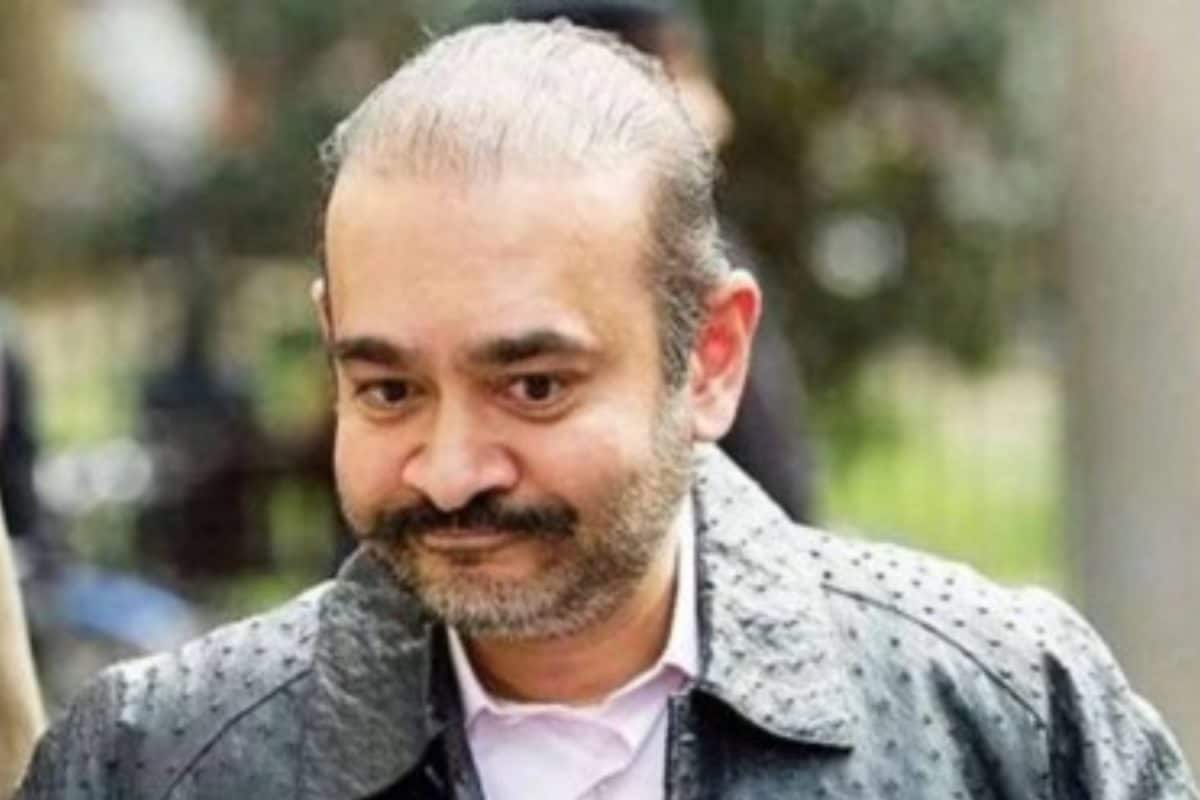

A London High Court judge recently denied Nirav Modi's latest bail application, marking his tenth unsuccessful attempt since his arrest in March 2019. The judge cited a "confidential impediment" that is currently stalling the long-drawn extradition proceedings against the fugitive diamantaire. Modi is wanted in India on charges of fraud and money laundering related to the Punjab National Bank (PNB) scam.
Justice Michael Fordham, presiding over the bail hearing at the Royal Courts of Justice, stated that there were substantial grounds to believe that Modi, 54, would fail to surrender if released on bail, posing a high risk of absconding. Despite arguments from Modi's legal team citing the "long passage of time" without trial as a reason for his release, the judge highlighted a legal constraint linked to "confidential proceedings" that has prevented his extradition, even though the formal extradition process has largely concluded.
The nature of this "confidential impediment" remains a mystery to many involved. It is known only to Nirav Modi, his lawyers, the UK Home Office, and the court. Notably, the Crown Prosecution Service (CPS) and Indian authorities are not privy to the details. CPS barrister Nicholas Hearn acknowledged the "existing confidential impediment" and emphasized that its secrecy limits the court's ability to fully assess the risks and implications surrounding the case.
Speculation suggests the "confidential proceedings" may be related to an asylum application filed by Nirav Modi, although precise details remain unclear. Regardless, this impediment has become a significant factor in the ongoing legal battle, preventing his surrender to Indian authorities despite the extradition process seemingly reaching its conclusion.
Nirav Modi, along with his uncle Mehul Choksi, is accused of defrauding PNB of approximately Rs 13,500 crore through fraudulent Letters of Undertaking (LoUs). He has been declared a fugitive economic offender in India. The Indian government has been actively pursuing his extradition to face charges related to the PNB scam, which has had significant repercussions on the Indian banking system.
Justice Fordham acknowledged the human cost of Modi's continued detention, including evidence about his physical and mental health deterioration, expert medical opinions, and reports of assaults and threats while in custody. However, he ruled that these concerns do not outweigh the risk of flight or justify granting him bail under the circumstances. This decision underscores the court's assessment of Modi as a high flight risk, a key factor that has consistently led to the rejection of his previous bail applications.
The CBI has stated that Modi's extradition has already been approved by the High Court of the UK in favor of the Government of India. However, the "confidential impediment" represents a significant hurdle that must be overcome before he can be brought back to India to face trial. The lack of transparency surrounding this issue has raised questions and concerns about the timeline and ultimate outcome of the extradition process.
In the meantime, Nirav Modi remains in custody in London, his legal options seemingly dwindling as he exhausts his appeals. The Indian authorities, with the support of the CBI and ED, continue to push for his extradition, emphasizing the importance of holding him accountable for the massive fraud he is accused of perpetrating. The "confidential impediment" adds a layer of complexity to an already intricate case, leaving the future of Nirav Modi's extradition hanging in the balance.